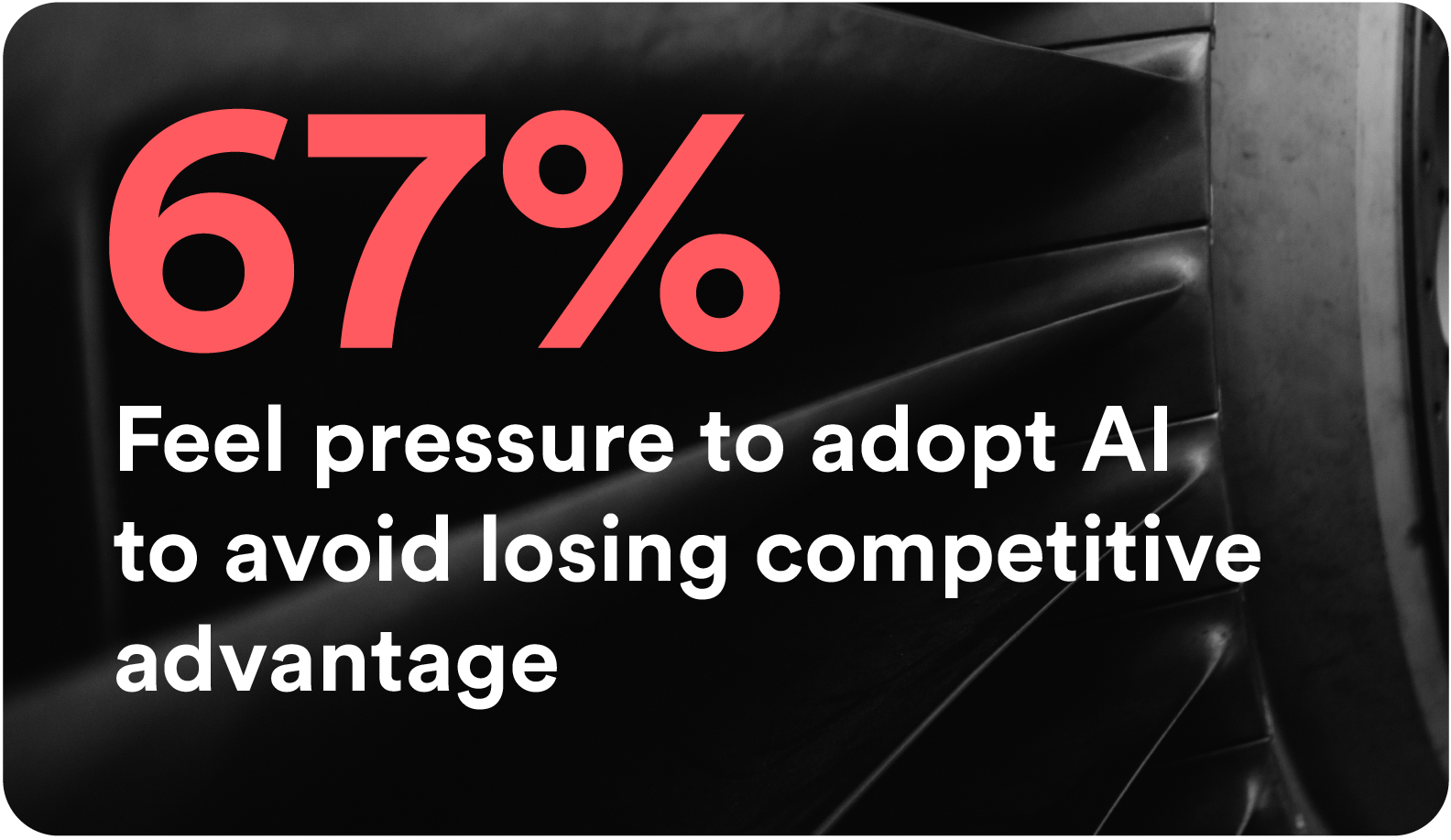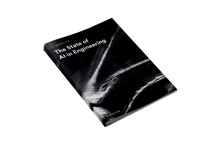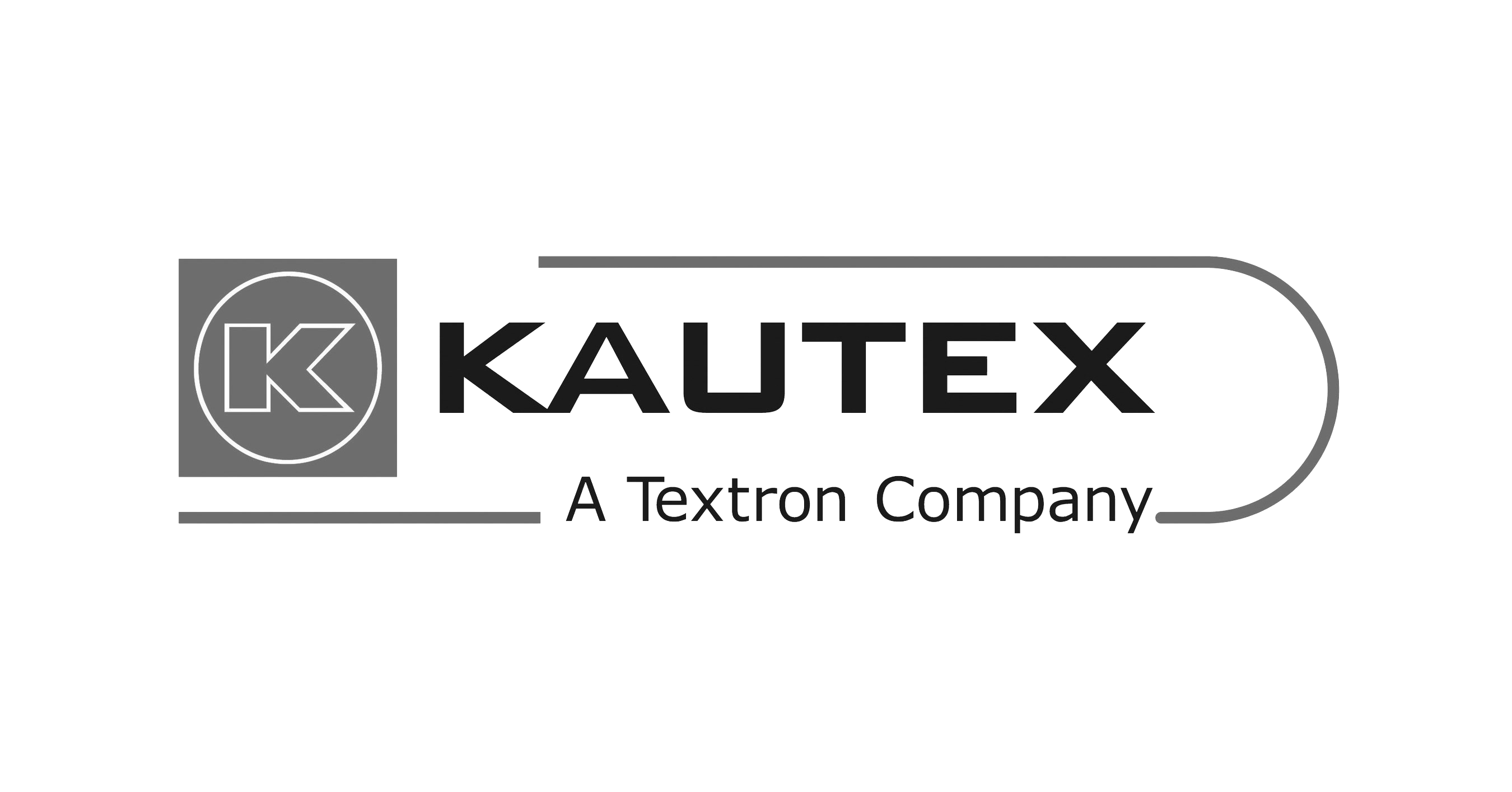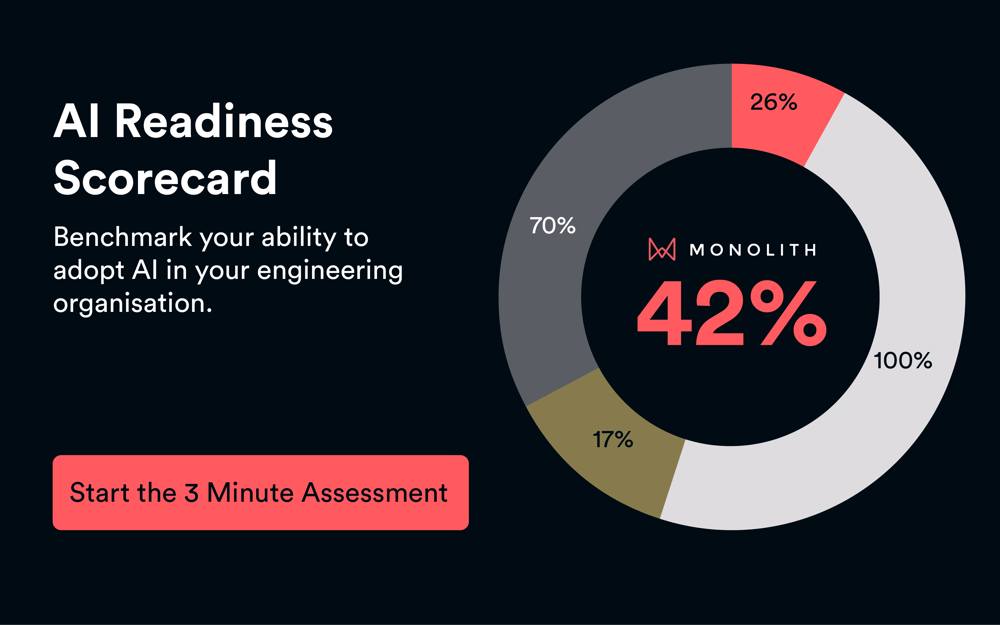Industry
AI Automotive engineering optimization with Monolith.
Empower your Automotive engineers with artificial intelligence for product development. Spend less time running expensive, repetitive tests and more time learning from test data.
Get in Touch
Monolith Software empowers engineering domain experts across all facets of the Automotive industry with AI and machine learning.
Decrease risks to product performance & quality.
Shorten product development duration significantly.
Trusted by leading automotive industry brands:
“With Monolith’s machine learning method, we not only solved the challenge, we also reduced design iteration times and prototyping and testing costs. We are thrilled with the results, and we are confident we have found a way to improve future design solutions.”
-Dr. Bernhardt Lüddecke, Director Validation Global at Kautex
How Engineers Use AI to Improve Vehicle Acoustics
Kautex-Textron Case Study
Learn how test engineers at Kautex Textron use self-learning models to more accurately predict intractable fuel sloshing noise faster.
Are you ready for AI?
AI Readiness Scorecard
Complete Monolith's 3-minute assessment to develop an understanding of your organisation's readiness for AI, and which areas can benefit from the implementation of AI through an in-depth report sent directly to you.
Automotive industry applications
Automotive Wind Tunnel Testing
Customers use Monolith to create a Digital Twin of the product to be tested and can manipulate the Digital Twin’s properties while in the wind tunnel.
By importing data from the sensors, test rig, and airflow, the customer can accurately predict readings from sensors that have failed, the aerodynamic performance of the product, and the impact of air contamination on the test.
The resulting reduction in wind tunnel time saves tens of thousands of pounds per day.
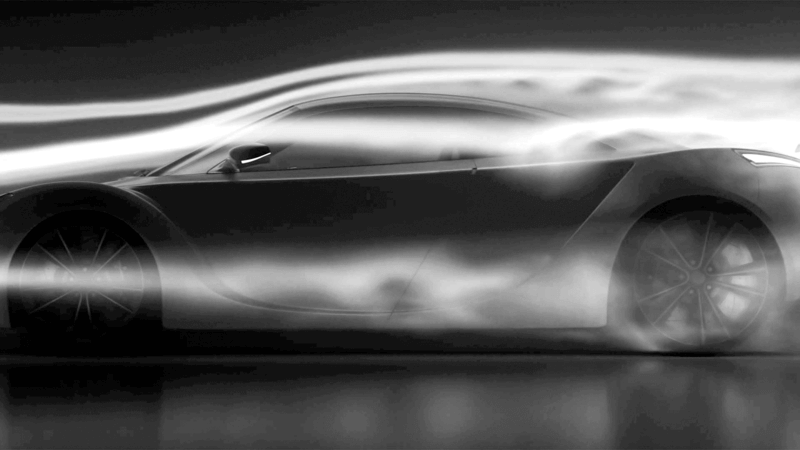

Vehicle Dynamics
Using Monolith’s intelligent exploration tools, the data can be sorted and easily visualized within the platform to inform engineers.
Machine Learning models can be trained on certain manoeuvers, to predict the forces on the vehicle during manoeuvers that were not performed, thereby reducing total testing time.
This allows for a test campaign to be optimized, reducing the number of tests performed to characterize the vehicle behavior.
Automotive Crash Testing
The Monolith platform allowed the customer’s engineering team to quickly import and process sensor data, then transform it and create machine learning models.
Models created from a small initial number of tests and tests from previous vehicles enabled the engineers to predict the outcome of the regulatory tests.
This enabled them to adjust the safety aspects of the design of new vehicles to satisfy regulatory tests much faster, with fewer resources and lower costs.
Speak to us
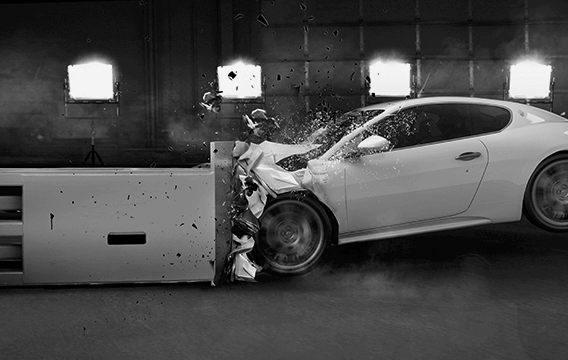
.jpg)
Engine Calibration
Our solution was to learn from previous tests and perform new virtual tests in the Monolith platform to quickly validate or invalidate options to reduce fuel consumption. In this use case, we looked at the effect of three design changes on the fuel consumption: 1) earlier combustion, 2) lower charging loss, and 3) use of an intercooler.
Combustion Chamber
“Combining simulation tools with artificial intelligence offers new design freedom to our customers,” said Jean-Claude Ercolanelli, Vice President of Simulation and Test Solutions, at Siemens Digital Industries Software. “With the ability to instantaneously explore new design options, while still satisfying target goals and constraints, AI extends the abilities of engineers to save time and unleashes innovation even without the benefit of CAD access.”
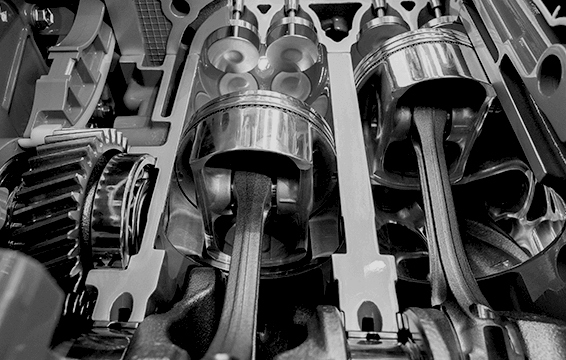
Key Automotive industry challenges
Wind tunnel tests are expensive, and almost every test is rushed toward the end of the shift. Self-learning models offer high-value insights into wind tunnel measurements, thereby improving test planning and execution.
Test engineers can draw complex data dependencies between multiple design variables, without being constrained by the limits of traditional physics-based methods.
Track tests are a fun day out, but preparation for track days can be a headache. Failing sensors, loss of data, noisy data, and poor weather conditions can all jeopardize a successful track test outcome.
Self-learning models can significantly enhance the value of track tests. For example, a transient track test is often sufficient to produce results that are otherwise obtained from an additional steady-state test.
Crash tests are one of the most expensive destructive tests that every auto OEM must perform, as each requires building a new prototype car.
Using self-learning models has enabled our customers to find a direct correlation between different crash scenarios and parameters linked to achieving a 5-star Euro NCAP rating.
Webinar
AI Adoption: Self-Learning Models for Complex Racing Systems in the Automotive Industry
Improve Race Car Performance Using Intelligent AI Algorithms With Jota Sport
This webinar presents how test engineers from automotive companies can use Monolith's AI technology to quickly parameterize and model complex tests and reduce testing time.
Using the AI capabilities within the platform, engineers in the automotive sector can optimize test cycles, predict results, and understand relationships and sensitivities between input parameters and their component/product performance, leveraging past test experience and datasets with new technology.
Talk to an automotive industry expert
Gaurav
Technical Account Management
After a decade-long career with Siemens Digital Industry Software, Gaurav has embarked on a new journey in the world of artificial intelligence at Monolith. Over the years, Gaurav has helped engineers from automotive, aerospace & defense, marine, and other mechanical industries understand and solve complex challenges using both simulation and physical tests.
Get in Touch with Monolith
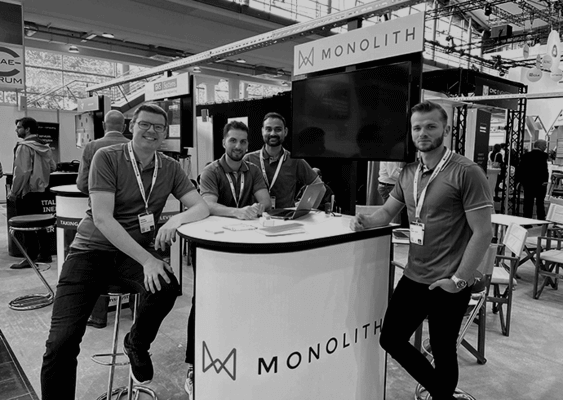
Resources
Discover more AI resources for Automotive
Automotive engineering customers have reported up to a 70% reduction in track testing time, plus a 45% reduction in overall associated costs, while increasing the ROI of costly wind tunnel testing. How can you apply AI to automotive engineering workflows? Get in touch with our team today.

